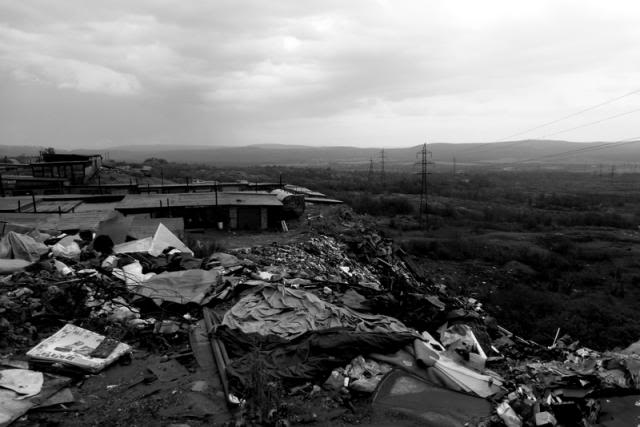The notion of capital overaccumulation, as constructed by Marx in Volume 3 of Capital on the basis of his “preliminary definition” of “absolute overproduction”, is considered in this paper as the key element of Marx’s crisis theory. Following what the author considers as the logic of Marx’s analysis, the paper concludes that economic crises shall be identified neither with the law of the tendential fall in the profit rate, nor with some supposedly intrinsic underconsuption of the labouring classes. Instead, crises shall be comprehended as the outcome of the fusion of a variety of factors which suppress the rate of profit. An economic crisis can be described, therefore, as a conjunctural overaccumulation, i.e. a conjunctural production of commodities (means of production and means of consumption) in such quantities and prices, that they temporarily hinder the accumulation process. In the last instance, all categories of factors affecting the value composition of capital and the profit rate are overdetermined by class-struggle, the main object of which is the (level of) exploitation of the labour force.
read here

